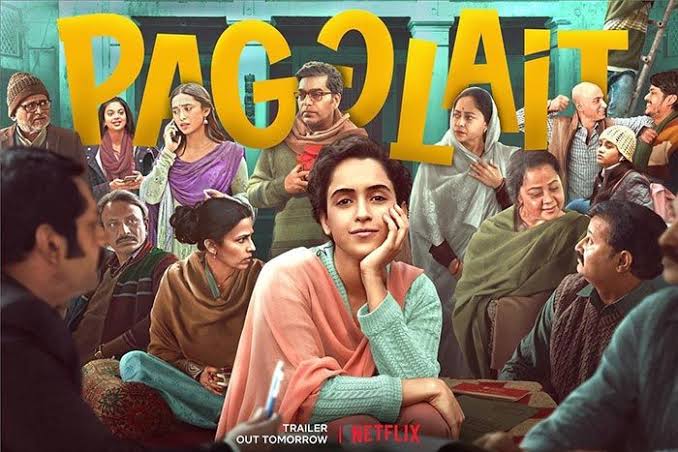Global crises are brought about epistemologically as ‘global crises’ through the journalism where most people get to understand about them and where they’re visualized, narrativized, in public defended and typically challenged and oppose.
Admittedly, international or national crises, like 9/11, the 2010 flooding in Haiti, or the 2011 Egyptian revolution, would like the property that a cross -border communication infrastructure provides so as to become familiar, a lot of or less at the same time, to people round the globe. But, to realize their international options – to become international crises, involving folks and generating action across the globe –they’re entirely smitten by discursive constructions of them in and of itself.
Extending this line of argument, once studying the assembly of data about the worldwide it’s necessary to acknowledge national media as equally vital objects of study as any media of multinational reach.
In the discussion on international media, however, national media, that doubtlessly still are the media that nearly all people communicate, are most frequently dismissed as not vital data producers concerning the world thanks to their inclination to depict the globe in keeping with nation-state logic.
This tendency of national media to breed and maintain nation-state discourse and identity must after all be acknowledged. However, the national outlook shouldn’t be viewed as altogether precluding different, multinational or international outlooks on the planet. National media are to Associate in Nursing increasing extent influenced by multinational media vogue and format. Due to the globalisation of risks like global temperature change, and conflicts like transnational act of terrorism or the World War on Terror, national discourse is consistently challenged by multinational or international discourses that try for the hegemonic position. It’s thus not a matter of either national or international discourse however both and, with national and native views functioning in interaction with multinational or international outlooks.
The globalizing tendencies of politics, economics, and culture have place the national public sphere beneath constant pressure, as has the increasing property with different national public spheres.
Thus, the decisive criterion of worldwide media, from a discourse theoretical perspective, is that the ability to show complex and infrequently subtle connections between varied government scales. These relations don’t should be of the “objective” or realist kind to be acknowledged as building blocks of a world discourse. a lot of exactly, a world discourse doesn’t need to comprise “real” relations of relation, motives, and interconnections, for example that it’s the dioxide emissions of the First World that’s the reason for the acute droughts within the collection. The connections displayed in media discourse could even be of a strictly creative person nature, i.e. be the “creations” of media logic itself.
Hence, the nation-state logic still permeates national fourth estate but with a discourse theoretical approach and additionally the analytical application of a “transnational prism” it’s possible to detect a minimum of embryonic kinds of transnational or international communication additionally in national media.









0 Comments